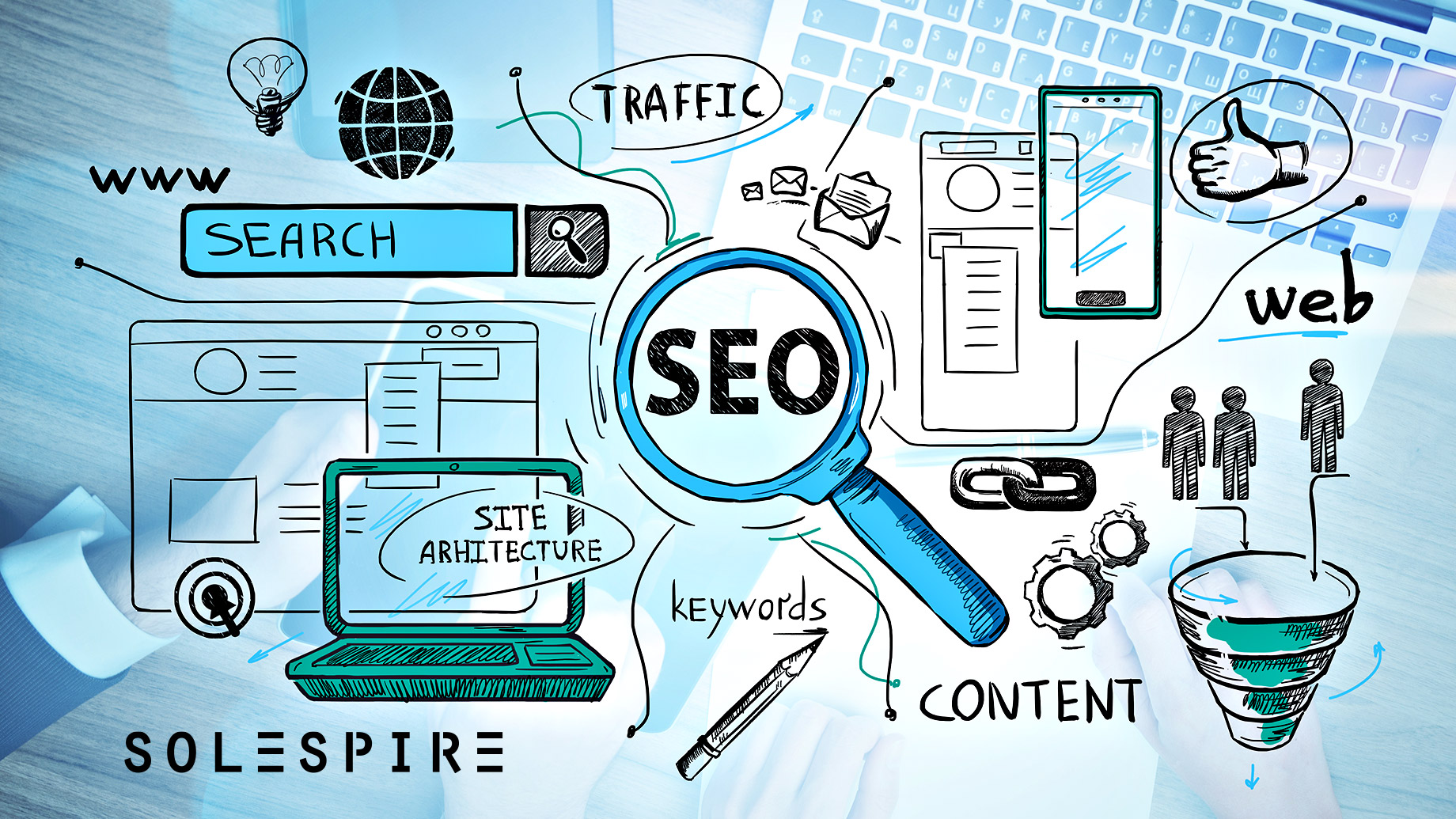Whether you are a new entrepreneur opening up your first office or an established business upgrading to a larger facility, one of the first things you need to provide for is the security of your premises, employees, and customers.
You should begin by performing a security audit to determine your needs and identify areas of vulnerability. You will need to address everything from physical safeguards to digital security. Here are five essential security considerations for your office:
1. Control Access to Your Building
Access control makes up an essential part of any building’s security. These systems allow you to limit when can enter your facilities to authorized personnel with verified credentials. Common methods of restricting or granting access include key cards, fingerprints, and pin codes.
There are two primary types of systems, addressable and non-addressable. With non-addressable systems, which are commonly used in hotels, each door or gate has its own parameters. While typically more expensive and complicated than non-addressable alternatives, addressable systems provide greater security because access is controlled from a centralized location.
2. Utilize Alarms
Alarm systems alert authorities or emergency services to potential break-ins, vandalism, or other urgent issues, like fires. They can also serve as a deterrent to many would-be intruders. Most alarm systems utilize sensors to detect motion or noise at doors and gates, as well as at other less conventional points of access like windows or vents.
You will most likely want to utilize an alarm monitoring service to ensure that authorities are notified when your alarms are triggered. You can use a dedicated 24-hour monitoring company or have alerts sent directly to your phone.
3. Deploy Cameras
Cameras allow you to monitor what is happening at your place of business at any point in time, day or night. Footage can also be used as evidence after a break-in or other illegal activity to identify responsible parties. Like alarms, just the presence of cameras may prevent criminal activity from occurring on your premises.
The types of systems vary widely in terms of cost and complexity. Many newer systems allow you to monitor and control your cameras right from your phone.
As a commercial business, you will need to consider and balance privacy concerns with your security interests. Make sure you follow federal, state, and local regulations concerning camera systems and employee and customer privacy.
4. Address Network Security
Increasingly, Tech Magazine Pure digital security is becoming a bigger concern for businesses than physical security. Customer and company data is highly sought after by bad actors. In addition to utilizing online access control, encryption, and other important digital security measures, you should consider how physical security impacts your digital data. You will likely need to restrict real-world access to servers and other devices. Theft, vandalism, and even human error can lead to expensive security concerns.
5. Set Up Redundant Power Systems
When your power goes out, whether due to accidents, bad weather, or human intervention, you want to make sure your physical and digital security systems don’t go down as well. Redundant power systems kick in during a power outage and ensure that your systems continue to work and that you don’t lose valuable data. You will want to consider setting up a generator, uninterrupted power supply, or solar battery unit.
Your employees, customers, and other stakeholders count on you to protect them from outside threats, so addressing the security of your business should be among the first steps you take when opening up a new office. Though setting up security essentials may seem complex and time-consuming, preventing a costly breach could save your reputation and your business.







Leave a Comment